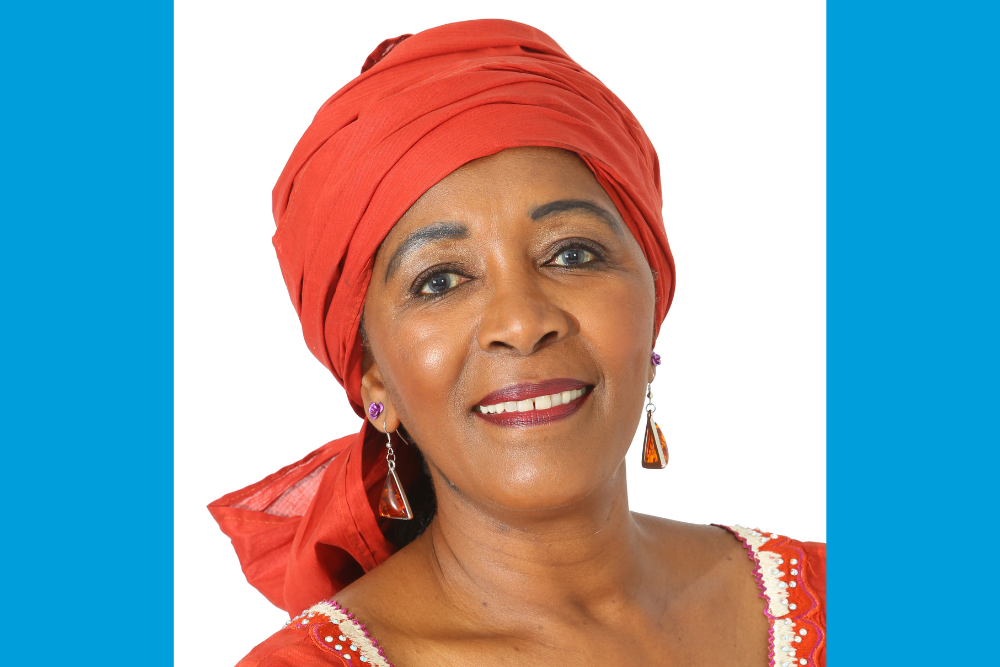
Governance for Food Systems Transformation
Tuesday, 25th July, 11:30-12:30
National leaders will share key challenges and next steps in their journeys to address governance issues, to ensure effective support and participation of food system stakeholders. Over 120 countries developed national food system pathways as part of the UNFSS in 2021. While many are now moving towards implementation, several governance bottlenecks are preventing consensus and contribution across society for collective action, leading to a gap between policy expectations and their outcomes on the ground. Participants will have the chance to collectively reflect on opportunities to develop more inclusive and effective governance.
More than 120 countries have continued engaging stakeholders to translate the national pathways into concrete food systems transformation plans, and mainstreaming food systems in national development plans and policies. In many country contexts, governance bottlenecks are preventing consensus and contribution across society for collective action, that result in a gap between policy expectations and their outcomes on the ground. For example, a given policy intervention can make economic sense but if it is perceived as threatening powerful interest groups, or not sufficiently considering relevant groups' interests will most probably fail.
The session will focus on the following questions:
- Which role have different stakeholders played to define and support implementation of the national strategy/plan? How were priorities selected?
- What steps are being taken to ensure that trade-offs between different outcomes (productivity, economic prosperity, environmental protection, nutrition) are adequately addressed and costed in national planning and investment priorities, and what role is multi-sectoral coordination playing in this regard?
- How are territorial approaches and distinct levels of governance (including regional, municipal) being leveraged?
There are many possible approaches to coordinating actors and sectors to define and accelerate action on national pathways, but there are also many common challenges, and promising ways to addressing them - hence offering many opportunities for shared learning. This event will platform a number of examples of how stakeholders have come together to define, support and sustain an ambitious national strategy, and stimulate a frank dialogue on ways to overcoming governance challenges.
Speakers

Ms. Bibi Giyose
Head of Nutrition, AUDA-NEPAD

Ms. Innaya Ezzedine
Member of Parliament & National Convenor, Chairperson of Women & Children & SDG 2030 Agenda Parliamentary Committees

Mr. Edward Walugembe
Chairperson, National Food Systems Coordination Committee (NFSCC), Office of the Prime Minister

Mr. Jarot Indarto
Director of Food and Agriculture, Ministry of National Development Planning (BAPPENAS)

Mr. Alwin Kopse
Head International Affairs and Food Security, Federal Office for Agriculture, Switzerland
Interventions from the floor
Representatives from:
- Asia Farmers Association
- International Development Law Organization
- UN-HABITAT
